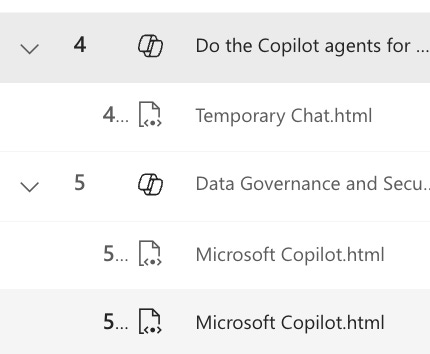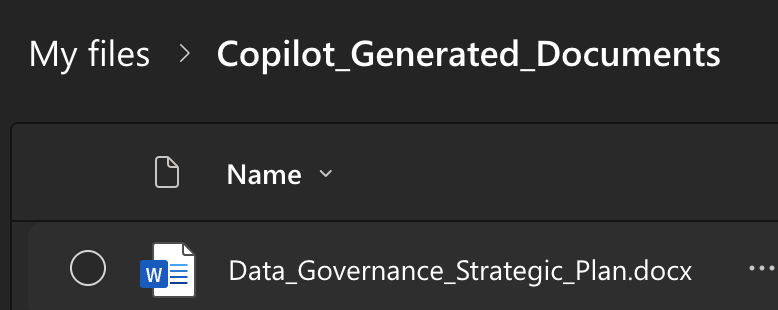Was there any impact on eDiscovery from Ignite 25?
There were a lot of announcements. How much do eDiscovery professionals need to worry about?

I spent much of last week overwhelmed by the flood of Microsoft announcements. New Copilot features, AI agents, AI licensing, new models, new AI admin tools, AI built into seemingly everything, and on and on.
The question that I spent some of the weekend looking at in preparation for writing this issue was, “How much of this has an eDiscovery impact?”
The reality is that while there is a lot to evaluate with Copilot, all the new agents and new capabilities to build agents, and connect to new data sources, don’t seem to change anything in terms of how we would handle prompts and other Copilot-related data in eDiscovery.
That’s not to say there aren’t a few things that I want to cover quickly. What I don’t see are any significant changes that will force us to rethink workflows completely.
Let’s start with one seemingly insignificant change that I confirmed has rolled out when using Copilot Pages.
They are no longer created with a .loop file extension. They are now designed with a .page file extension.
I wrote about this change when it was first posted to the Message Center in July. There’s no surprise here.
A new Copilot feature that I’ve also seen is the option to create a “Temporary Chat.”
This one might seem like a change that would impact eDiscovery, but it doesn’t. Let’s take a look at what it does.
When I first saw it, I was concerned that this might be creating ephemeral chat that wasn’t being saved to the user's mailbox, or some other temporary interaction that wouldn’t be discoverable.
Then I read the full description:
This chat will not use or create memories and will not be saved in your chat session history. Temporary chats will be retained in accordance with the retention policy defined by your IT administrator and may be accessible to them during that period.
To the front end of Copilot, this chat will be treated very differently. Copilot won’t learn from it, and you won’t be able to see it listed in your history.
On the back end, though, it’s mostly just another Copilot chat.
In fact, the only difference I noticed is the filename of the attached HTML file containing the Copilot response; instead of Microsoft Copilot.html, it’s Temporary Chat.html. (Which is an obvious way to tell that the user used that feature.)
One of the new agents I have started testing was the Frontier program agents for Word, Excel, and PowerPoint. I was very curious about the idea of having the agent go from Copilot on the web, or in the Copilot app, to creating a new document. Again, the Copilot interaction wasn’t very different, but the document that was created as a result of those interactions was automatically stored in a new OneDrive folder - Copilot_Generated_Documents.
You might want to familiarize yourself with that folder location.
There are a few more items from last week that I suspect may have some minor impacts on eDiscovery. I will be sure to provide another update on those items in a few weeks. If you follow me online, you know things have been a little busy, so my available time for testing is limited. Still, as I notice changes, I will share them.
In the meantime, I’m going to try and get a little offline time over the Thanksgiving holiday, and I hope those of you in the US can do the same.
I’m thankful for you being here on this journey into the Microsoft eDiscovery world with me.




